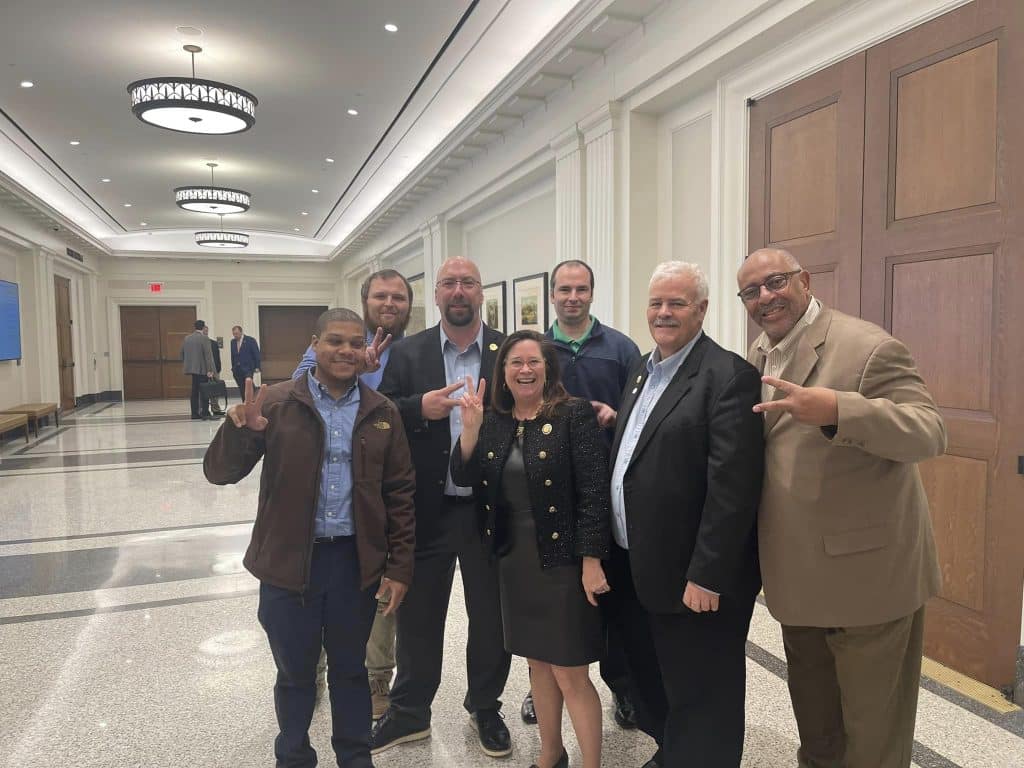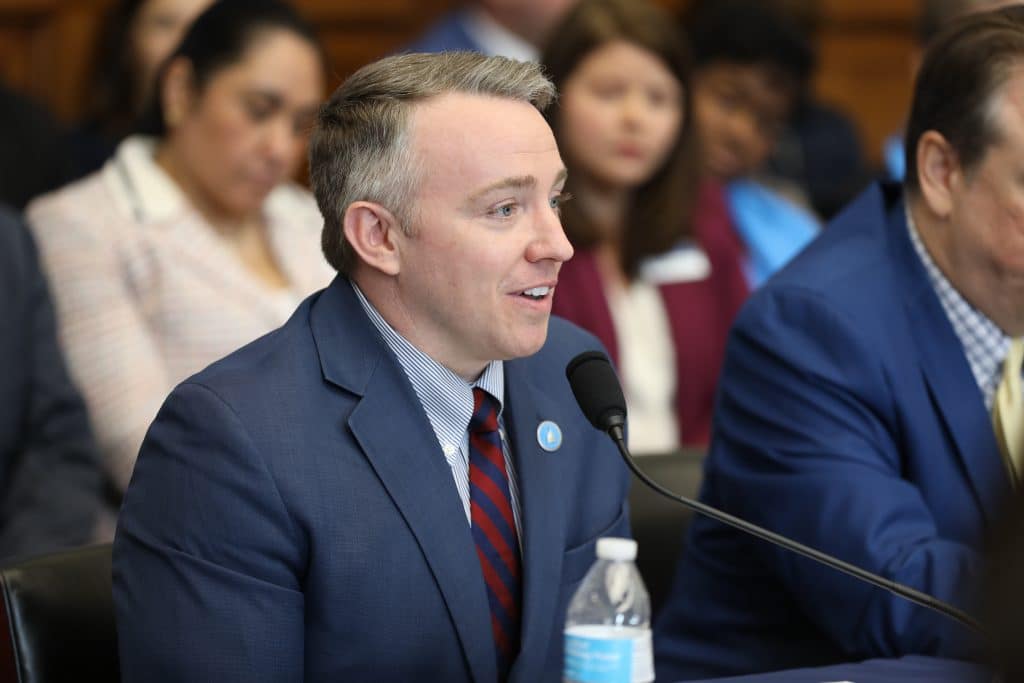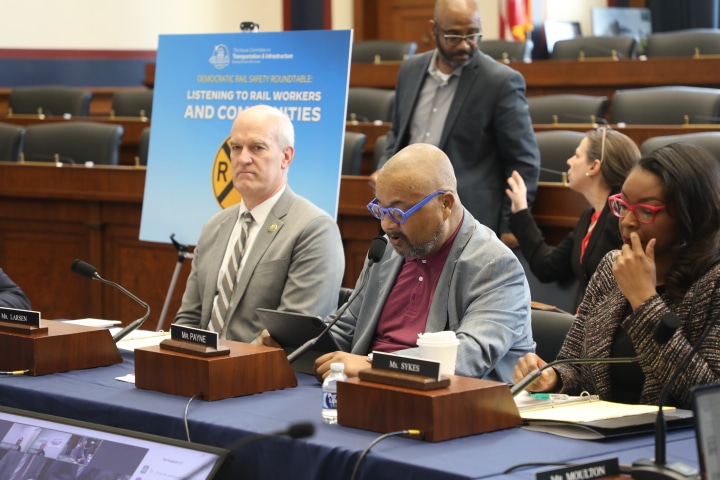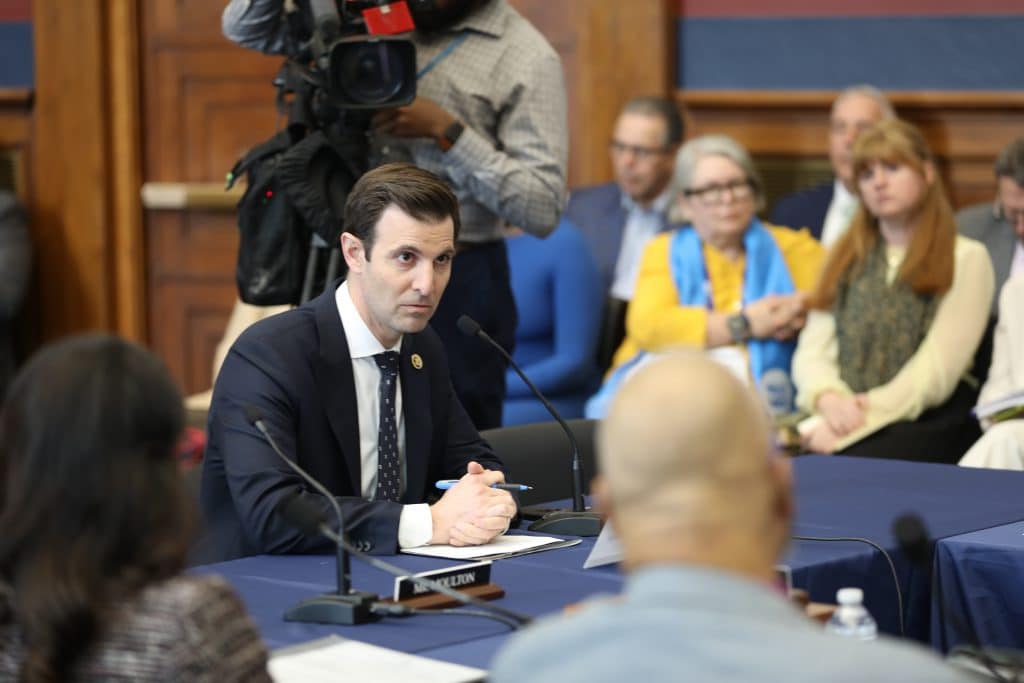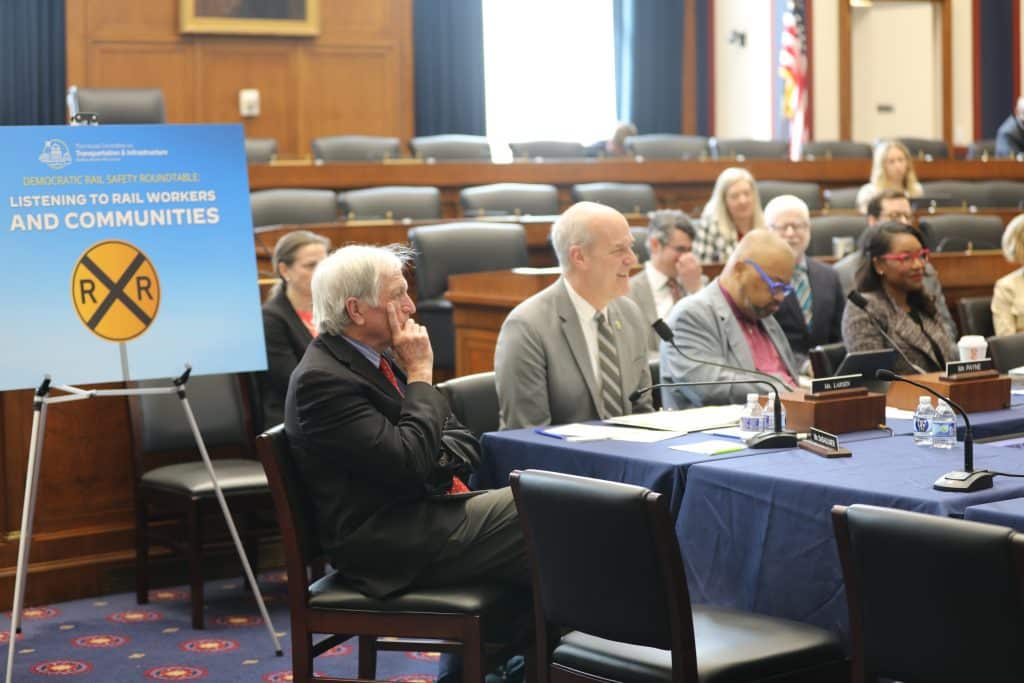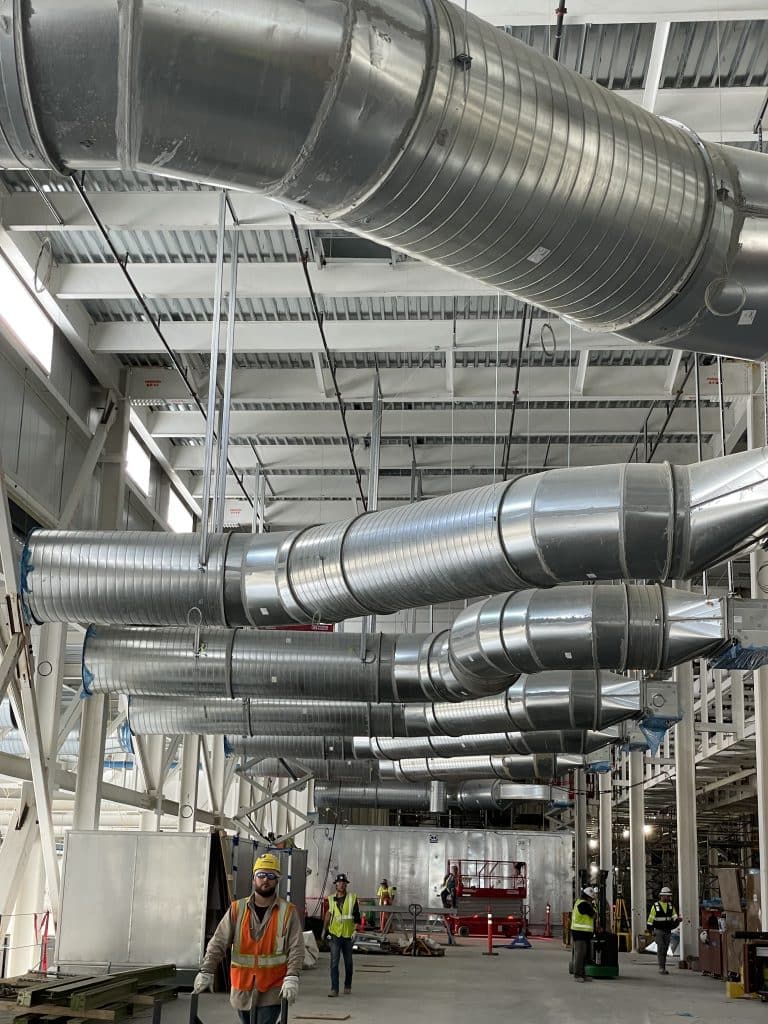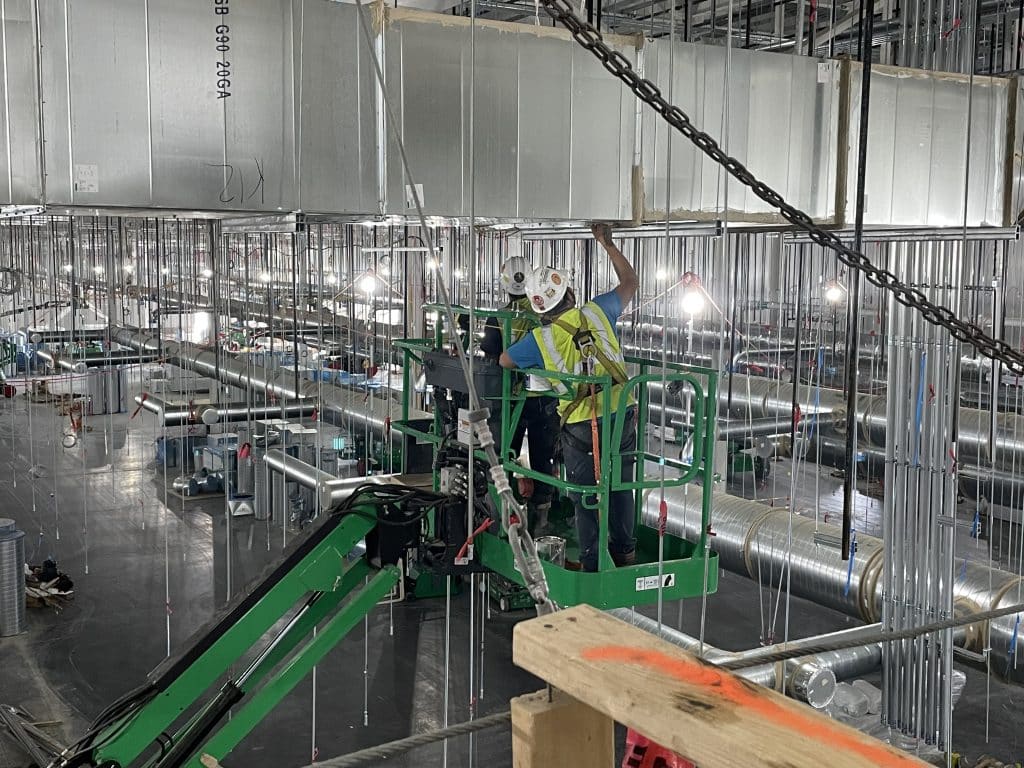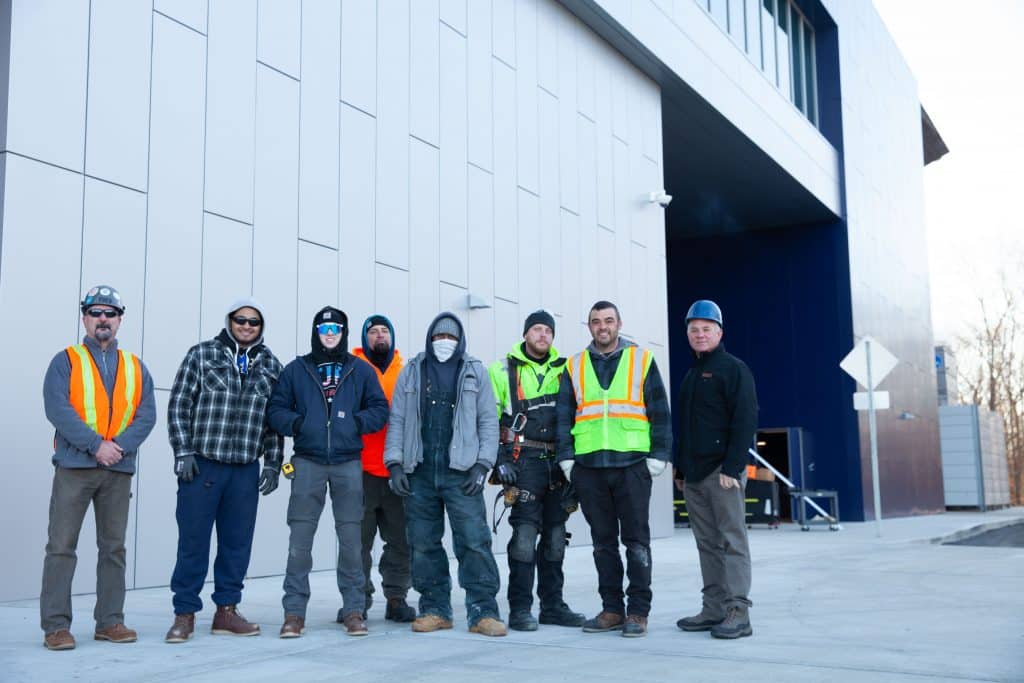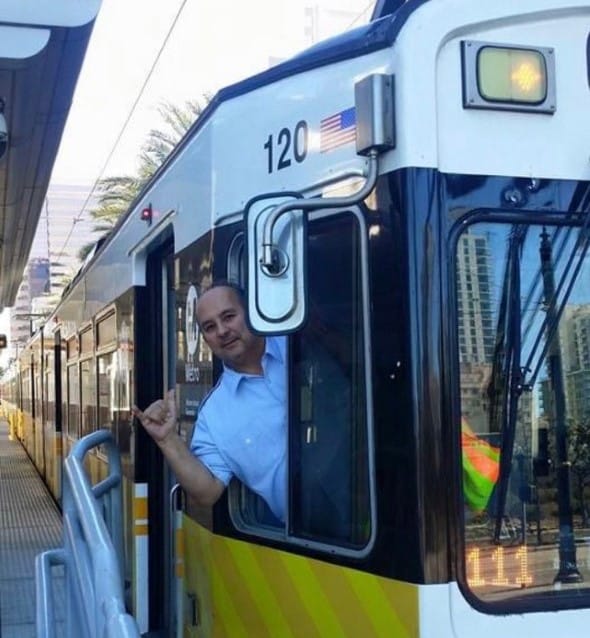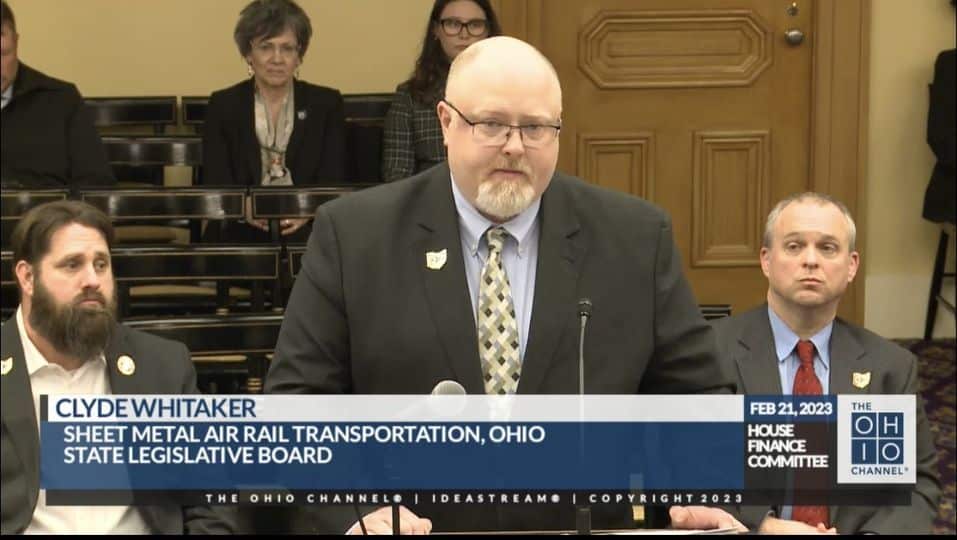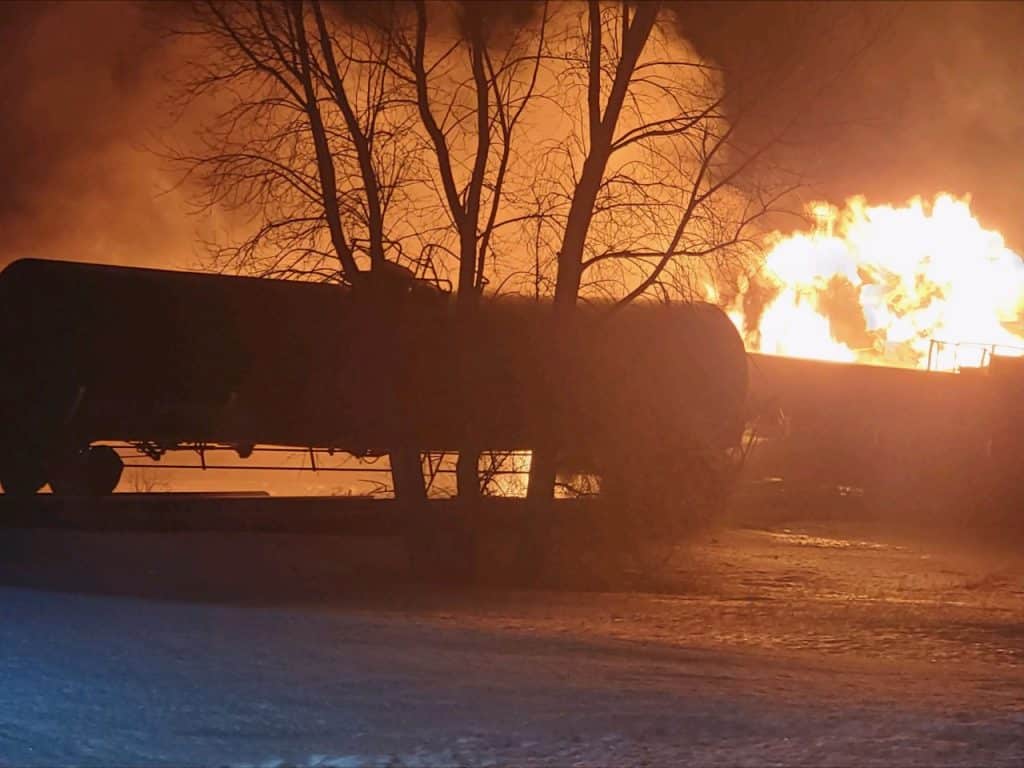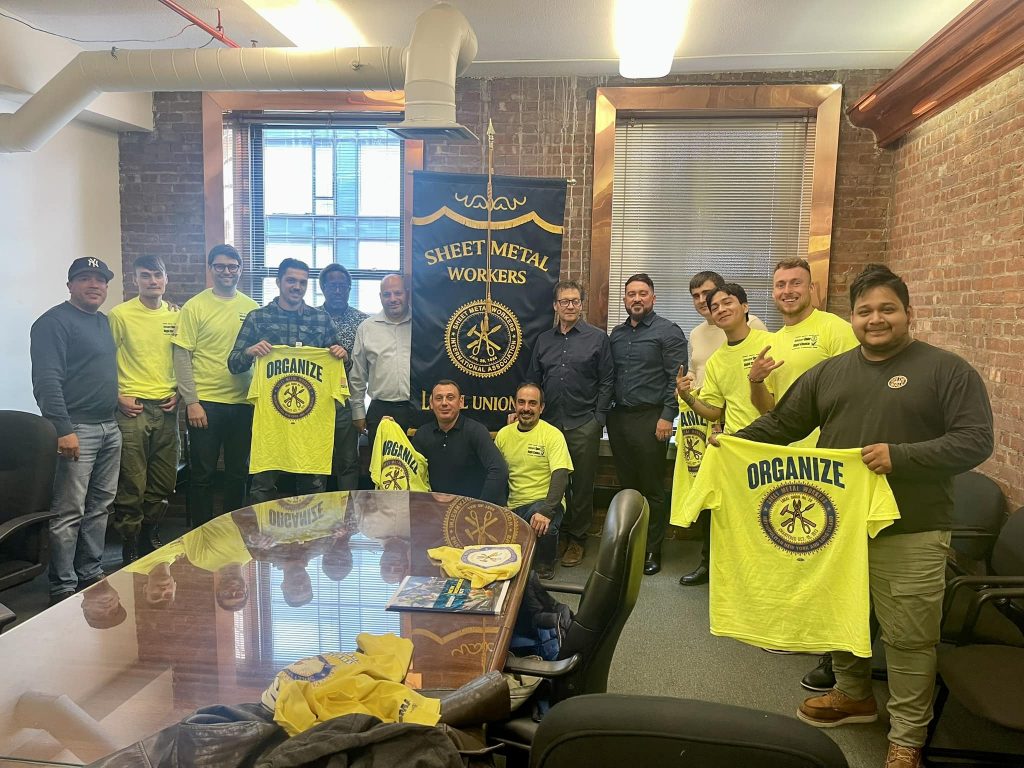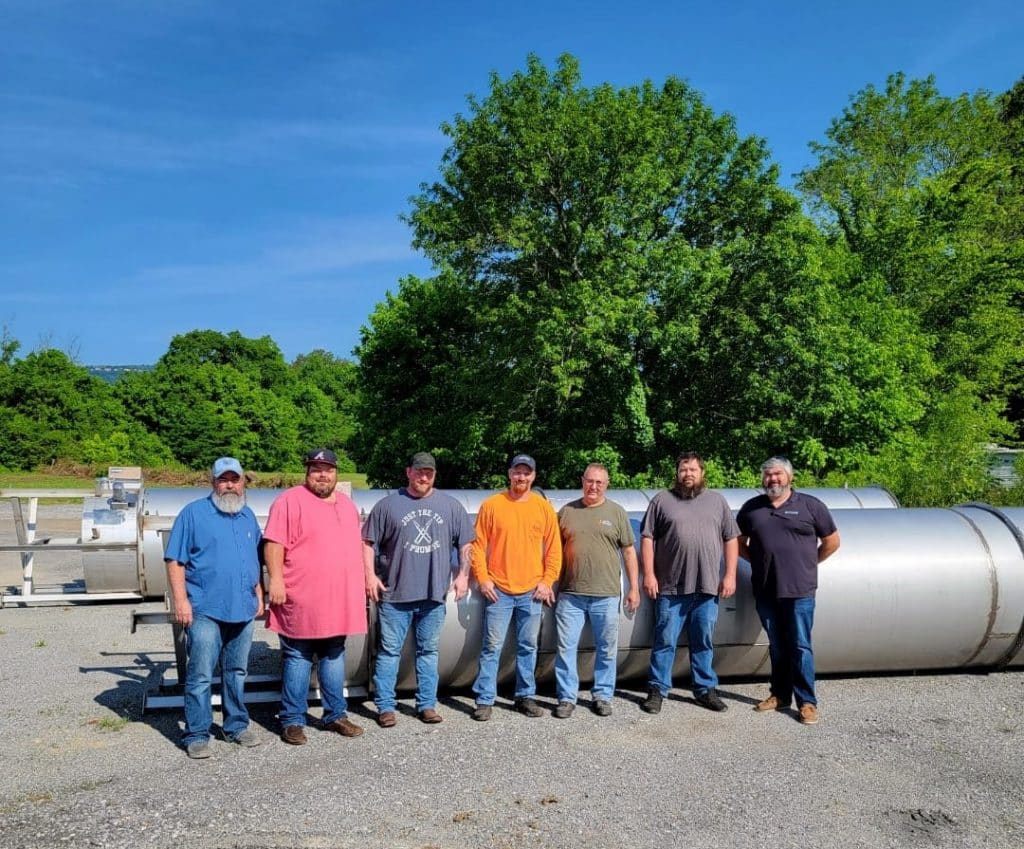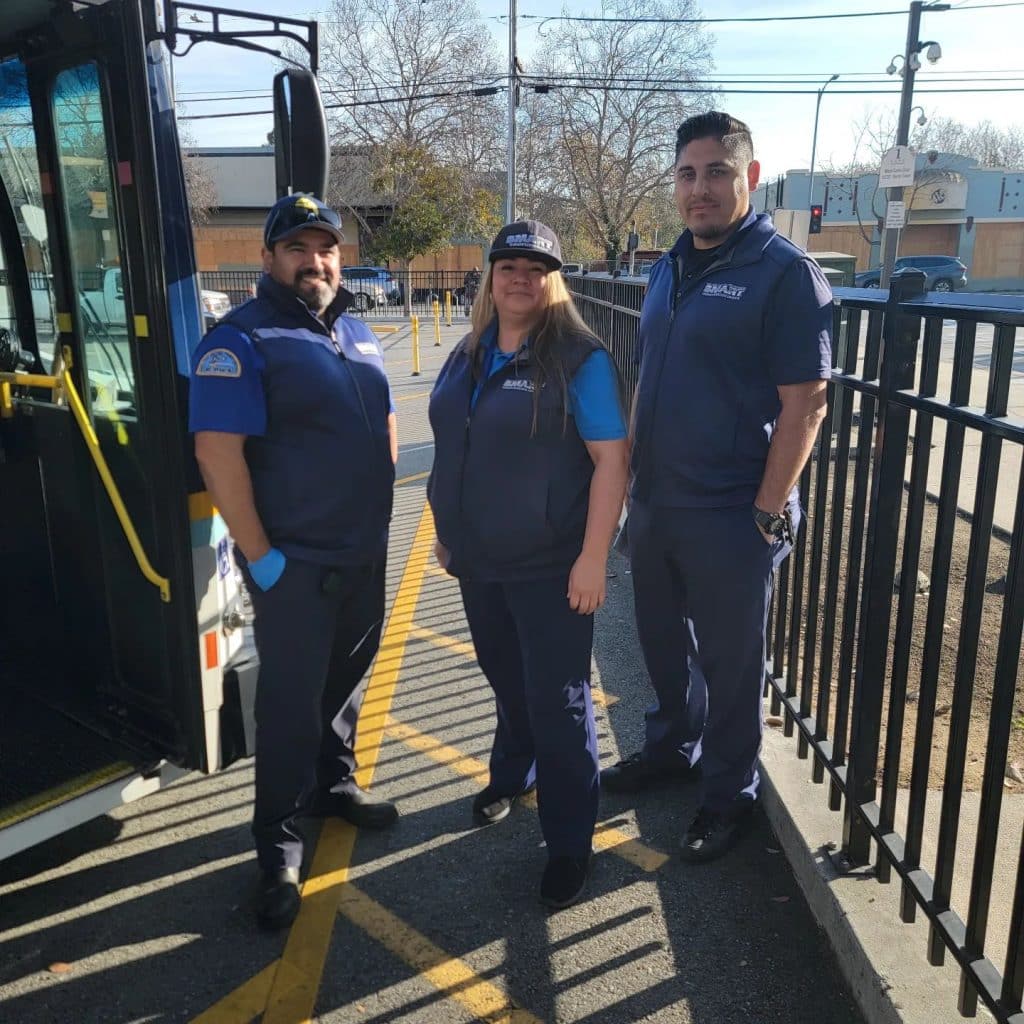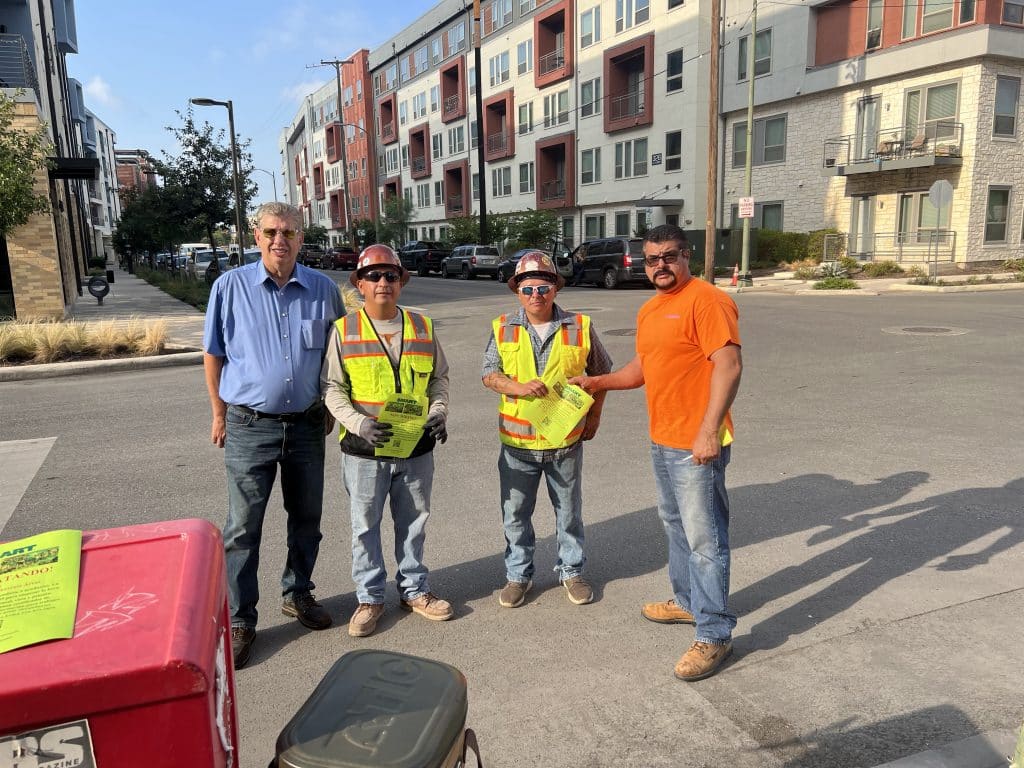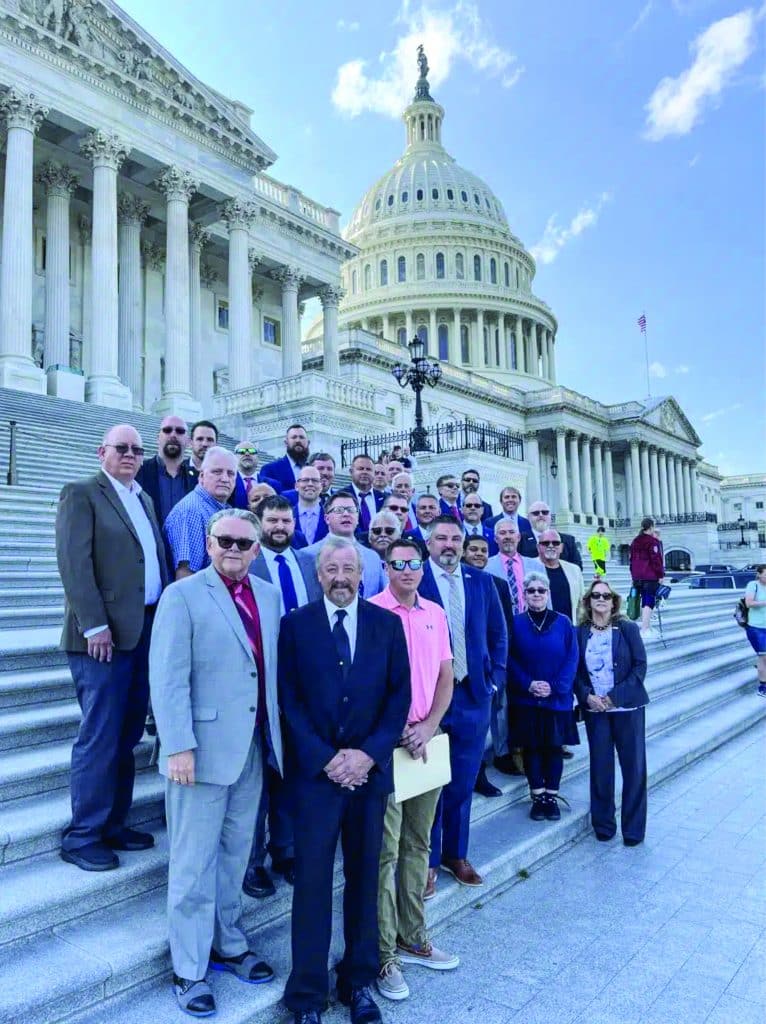On Thursday, September 21st, the Wall Street Journal published an editorial titled “A Union Railroad Job In Congress.”
In it, the Editorial Board cast aspersions on nameless, faceless railroad unions, directly stating that labor sought to capitalize on the life-altering devastation that has crippled East Palestine, Ohio in the aftermath of the Feb. 3, 2023, Norfolk Southern derailment. To the board’s credit, it was refreshing that there were no thinly veiled inferences. They were quite direct in stating their feeling that our nation’s rail unions are unapologetic opportunists looking to pad their own stats and satiate their members, rather than serve as truthful stewards, defending the industry’s labor and safety standards as we have since the 1850s.
To be equally direct: the commentary presented in the editorial is patently false and intentionally misleading.
First and foremost, the commentary of this board smacks of industry propaganda from the Association of American Railroads (AAR), the lobbying arm of the largest railroad companies. AAR CEO Ian Jefferies has been on a public relations tour of all available media outlets since the derailment in February. While the glow of the tanker car fire was still burning in East Palestine, industry leaders began their damage control. It has been surprisingly unsuccessful because national media outlets, like The Wall Street Journal, have been covering the fallout in East Palestine and its implications on the future of railroad safety.
Public interest has been renewed by each derailment around the nation since February. The interest of outlets big and small in covering railroad derailments has shed light on how prevalent they are. Many statistics have been thrown around in news stories, but the number most cited by the rail industry is that there are 1,700 derailments annually. Averaging over 4.5 derailments a day nationwide has made it difficult for the rail companies and the AAR to change the topic like they have in the past. It appears the NS derailment in early February was the proverbial genie and it’s proven difficult to shove it back into the bottle.
In lieu of downplaying the validity of the message that rail safety in the nation could be improved, it seems that the industry has changed course and is now opting to undercut the validity of the messengers. Historically, it is difficult for even a monopolistic behemoth like the railroads to win a fight with the Fourth Estate as it covers derailments and railroad safety as a public service, showing indeed that it can happen here. Obviously, they have made the calculation that scapegoating the unions representing our country’s railroad workers is easier.
The International Association of Sheet Metal, Air, Rail and Transportation Workers’ Transportation Division (SMART-TD), the nation’s largest union in the railroad industry, welcomes this discussion.
When operating vehicles that weigh 40 million pounds and stretch in excess of four miles, there is no way to “overemphasize” safety. To imply otherwise is indicative of a desire to downplay the widespread, shared consequences of rail safety in general. When operating the largest land vehicles on the planet that need every bit of a mile to come to a stop before hitting a vehicle stuck on a crossing, we cannot afford to discard any method to improve safety standards and bring about the necessary changes to decrease the accepted norm of 1,700 derailments each year.
From the outset, a disconnect is evident between the WSJ editorial board with the reality of rail workers as well as those who live in the communities that the railroads roll through. A WSJ editorial published on Sunday, April 16th states that, “Rail disasters are mercifully rare.”
Though very few reach the level of devastation of East Palestine and its subsequent chemical fire, the fact is that there is nothing “mercifully rare” about rail incidents in this country. They are more than a daily occurrence and any instance of one or more SMART-TD members being at risk of losing life, limb, or livelihood is unacceptable. To downplay these facts is irresponsible and disingenuous.
Unfortunately, both WSJ editorials were too riddled with insults to both the hard-working men and women who haul this nation’s freight as well as the dedicated public servants who wrote the Rail Safety Act of 2023, to address each individually.
SMART-TD would be remiss if we didn’t address the overarching insult that was meant to be the stinging conclusion. “Sens. Brown and Vance are using railway safety as an excuse for a union payoff.”
This insinuation of a quid pro quo indicates a level of desperation on the part of the AAR and its member railroads and all the opponents of the Railway Safety Act of 2023.
Sen. Brown has been in Congress for over two decades. His commitment to the safety of the people of Ohio and of workers is beyond reproach. As far as freshman Senator J.D. Vance goes, SMART-TD not only did not endorse the Senator in his 2022 campaign, we endorsed and actively supported his opponent, Congressman Tim Ryan. J.D. Vance has zero reason to “use railway safety as an excuse for a union payoff.” The only dog Vance has in this fight is the safety of Ohioans/Americans. Isn’t that the side we are all supposed to be on?
